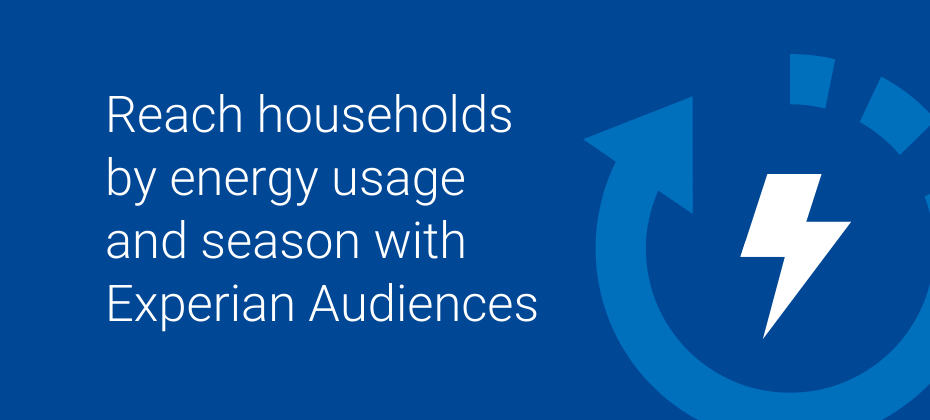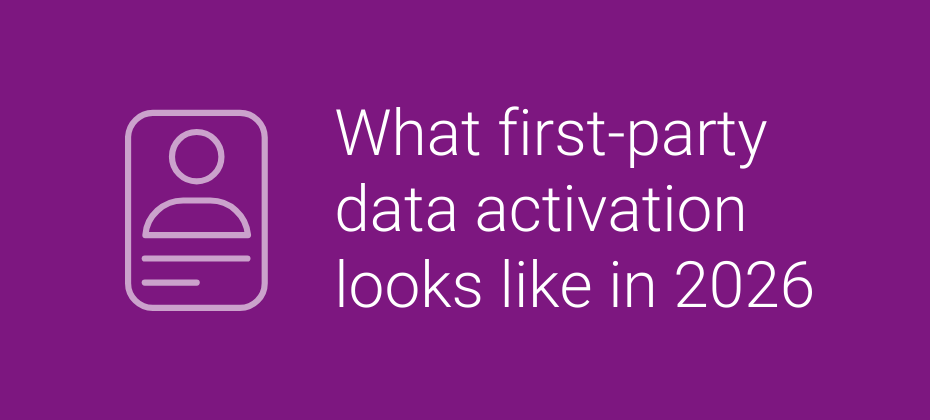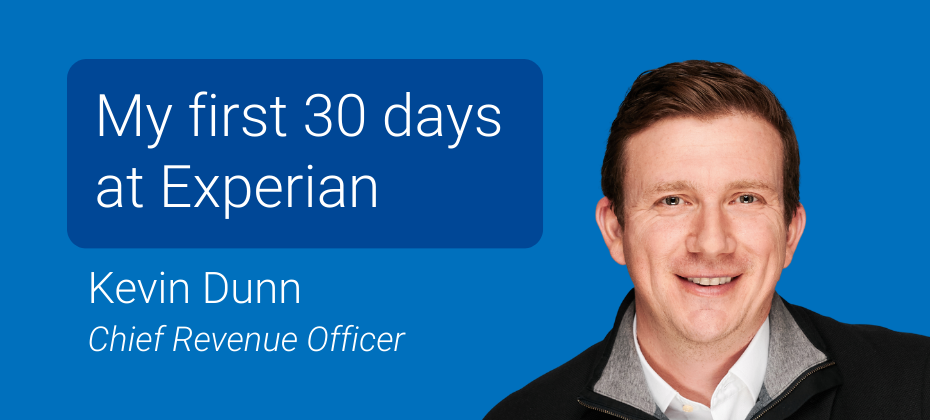
It’s back-to-school season. Knowing your target audience is an essential piece of planning a successful back-to-school marketing campaign. To get the most out of your marketing investment this back-to-school season, it’s important to understand how to identify and segment back-to-school shoppers so you can make sure that the right message reaches the right group at the right time.
In this blog post, we’ll cover how you can segment your target audience to create and deliver custom messaging tailored to individual groups. We’ll discuss segmentation methods that uncover:
- Who they are
- Where they live
- What type of person they are
- How they behave and spend
Here are our tips to accurately define and target your back-to-school marketing audience.
Maximize back-to-school marketing with customer segmentation
Customer segmentation is the process of dividing your audience into smaller groups based on common characteristics such as demographics, behaviors, psychographics, geographics, and more. The purpose of customer segmentation is to create a more personalized and effective approach to marketing. By understanding the unique needs and preferences of each segment, you can tailor your messaging, campaigns, and content to resonate with your customers on a deeper level.
Benefits of customer segmentation
Three benefits of customer segmentation include:
- Improved audience targeting
- Higher engagement rates
- Increased ROI
Instead of addressing your entire customer base with generic messaging, segmentation enables you to deliver custom campaign messaging that speaks directly to each group. This personalized approach helps build trust and loyalty with your customers over time.
Customer segmentation also allows you to better understand your customers, their motivations, and pain points, ultimately leading to more effective marketing campaigns.
Types of customer segmentation
When it comes to segmenting your customers, there are several methods to consider. By experimenting with different approaches, you can find the best fit for your business. Keep in mind that the most effective customer segments will differ depending on the industry.
Let’s review four types of customer segmentation that you can implement as part of your back-to-school marketing strategy.
1. Demographic segmentation
Demographic segmentation categorizes consumers into groups based on shared demographic characteristics such as age, gender, income, occupation, marital status, and family size.
For example, targeting college students during the back-to-school season with promotions on laptops is likely to be more effective than targeting retirees who may have less interest in such products.
2. Behavioral segmentation
Behavioral segmentation divides customers into groups based on their demonstrated behaviors. This method sorts customers by their knowledge of products or services, attitudes toward brands, likes/dislikes about offers, responses to promotions, purchasing tendencies, and usage of products/services.
Behavioral segmentation can help you identify the highest-spending customer segments, so you can budget and target more effectively. Through this type of segmentation, you can analyze each group’s patterns, discover trends, and plan informed marketing moves for the future.
In a back-to-school campaign, you could use behavioral segmentation to identify students who prefer to shop locally. You could then target students who value supporting local businesses and emphasize the importance of buying from local retailers during the back-to-school season.
3. Geographic segmentation
Geographic segmentation involves dividing your target market into groups based on their physical locations. Geographic segmentation reveals aspects of a local market, including physical location, climate, culture, population density, and language.
In a back-to-school campaign, you could use geographic segmentation to identify target audiences in colder climates who may be more interested in winter clothing and gear. You could also use geographic segmentation to target students living in college towns with messaging that speaks directly to campus life.
4. Psychographic segmentation
Psychographic segmentation groups customers based on psychological factors such as lifestyle, interests, personality, and values.
In a back-to-school campaign, you could use psychographic segmentation to target students who value sustainable practices, promote eco-friendly products, or offer incentives for recycling and reusing items.
Watch our 2024 video for tips from industry leaders for back-to-school
In our new Q&A video with Experian experts, we explore changing consumer behaviors surrounding back-to-school shopping in 2024. In the video, we discuss:
- Anticipated shifts in consumer behaviors and shopping habits
- Tactics we predict marketers will employ to navigate signal loss
- Which channels will be the most successful
- And more!
Get in touch
Latest posts

Learn how energy and utility marketers use Experian Audiences to reach households based on energy usage, sustainability interest, and tech adoption.

Learn how first-party data activation improves relevance, efficiency, and measurement in 2026.

Kevin Dunn has been Chief Revenue Officer at Experian Marketing Services for one month. Here are his thoughts on his first 30 days.